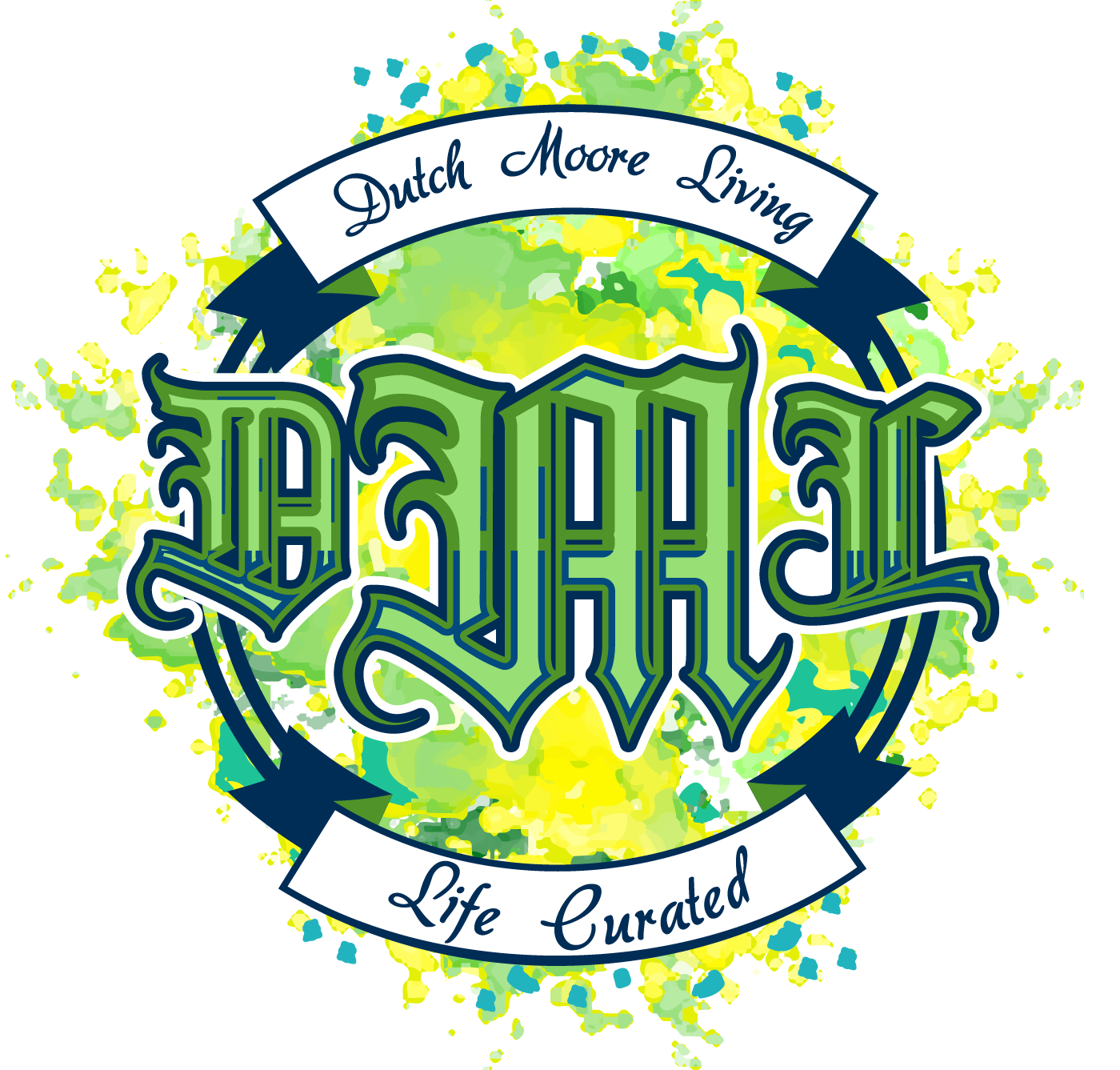Man (or Woman) planned, and God laughed. I have made a good career out of being a planner, project manager, disaster testing, business continuity planner, entrepreneurial, and finally, soccer mom. All require some degree of preparation.
Secretly, I do not like planning in my personal life. I prefer someone else to manage the details of all the things. I would rather develop strategy and execute. Sorta like, “I think we need to throw a Halloween party with a Beetlejuice theme” (strategy). Someone else determines the venue, food, guest list, decorations, date, and time; I decorate, prep, and clean up. Voila (execution).
Post-ASD diagnosis, this pull away from planning management gained traction and became stronger and more determined to take me away from the tactical activities of planners towards my 2E superpower of Strategic Solutioning to Complex Problems.
Being a strategist can be a significant drain on cerebral power, or at least that is what I previously believed. I also thought my strength was in execution; never did I consider that my natural ability was strategic planning. Different from tactical planning, strategy focuses on the long-term play; a vision that is initially set and involves more infrequent reviews based upon the changing landscape of the environmental ecosystem, regulatory requirements, or economic conditions (as examples). Strategy is also usually the responsibility of higher management. Tactical planning is more specific, detailed immediate actions required to accomplish the strategic plan’s objectives, and it is typically executed by team leaders and high-performing individual contributors.
For me, tactical execution at work is more mentally exhausting than strategic planning. Learning that reality was a long journey of discovery, self-actualization, and confidence building.
I got my first opportunity, in some time, to stretch my strategy planning muscles when appointed with the organization and structure of a datacenter consolidation effort involving over 200 human capital resources. The team was having difficulty arranging all the building blocks of the project. Given a year to formalize the enormous program formation, I completed the goal in less than three months, including budget, human capital calculations, and burndown metrics to measure our success. While I was elated with the successful outcome of the strategic build, unfortunately, we had to sit for the next 9 months with little to do because the effort was not funded until the following year. Seriously, boredom set in very quickly.
However, my confidence levels soared from having completed this complex activity in such a brief period, and I was comforted when my ASD evaluation confirmed this skillset was my strength.
Because that role would not allow me to continue strategic development long-term, I decided to pursue more targeted positions that allowed me to further stretch my strategy skills. Luckily, I fell right into the perfect role and now spend 70% or more of my time on strategic initiatives and strategy development management.
But this is not the only inspirational change my diagnosis revealed. After pondering the pursuit of my PhD, for far too long, my ASD results sent me on a new path. Originally, I contemplated Organizational Development, and secondly Communications, to expand my corporate strengths. However, as time went on and my fascination with the inner workings of the mind and the differences between neurotypical and neurodivergent thought, I realized these two considered disciplines were not what I wanted to pursue. My quest for psychological understanding became my new cerebral pursuit.
Luckily, a new Psychology and Counseling program, without the medical credentialing requirement, recently presented itself for consideration. With a concentration in Crisis Management and Trauma, it naturally dovetails my undergrad in Emergency Management and Disaster Planning, and Masters in Risk Management, while complementing and leveraging my two-plus decades in risk and resiliency; but instead of focusing that energy on the corporate environment, I can redirect it to the person, community, and special populations who need strategies to cope, prevent, or recover from personal or localized crisis events. How helpful would that be to the neurologically diverse groups? Extremely!
Sometimes, as we travel the journey of life, it may seem like we are stuck on a slow road with potholes, and U-turns. When it feels like progress is taking too long, or you have lost your way, do not immediately take the next exit. Instead, try changing lanes. You might find that the road is clear, and the sun is lighting up the path to your desired destination.

